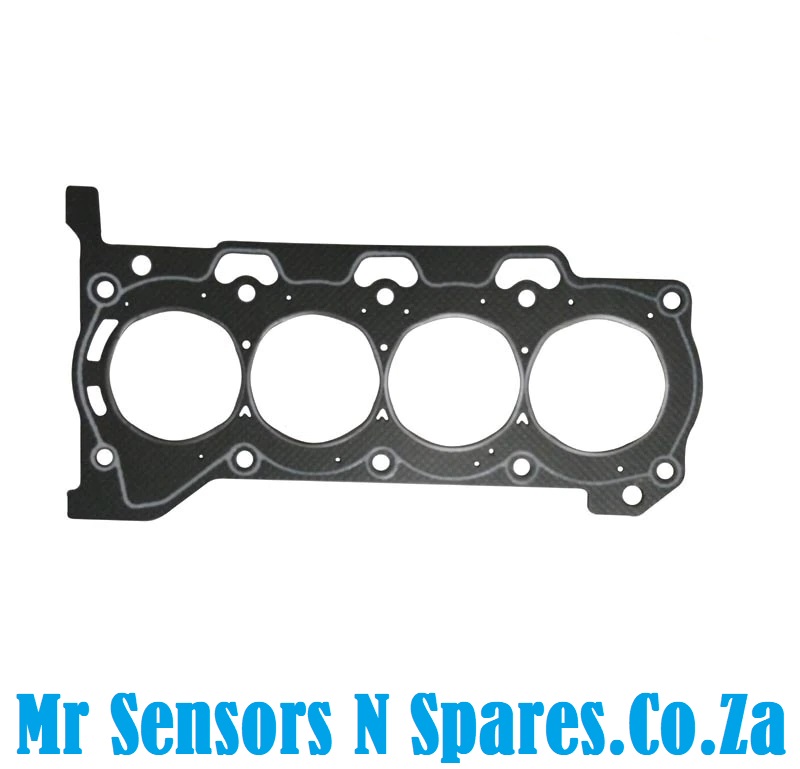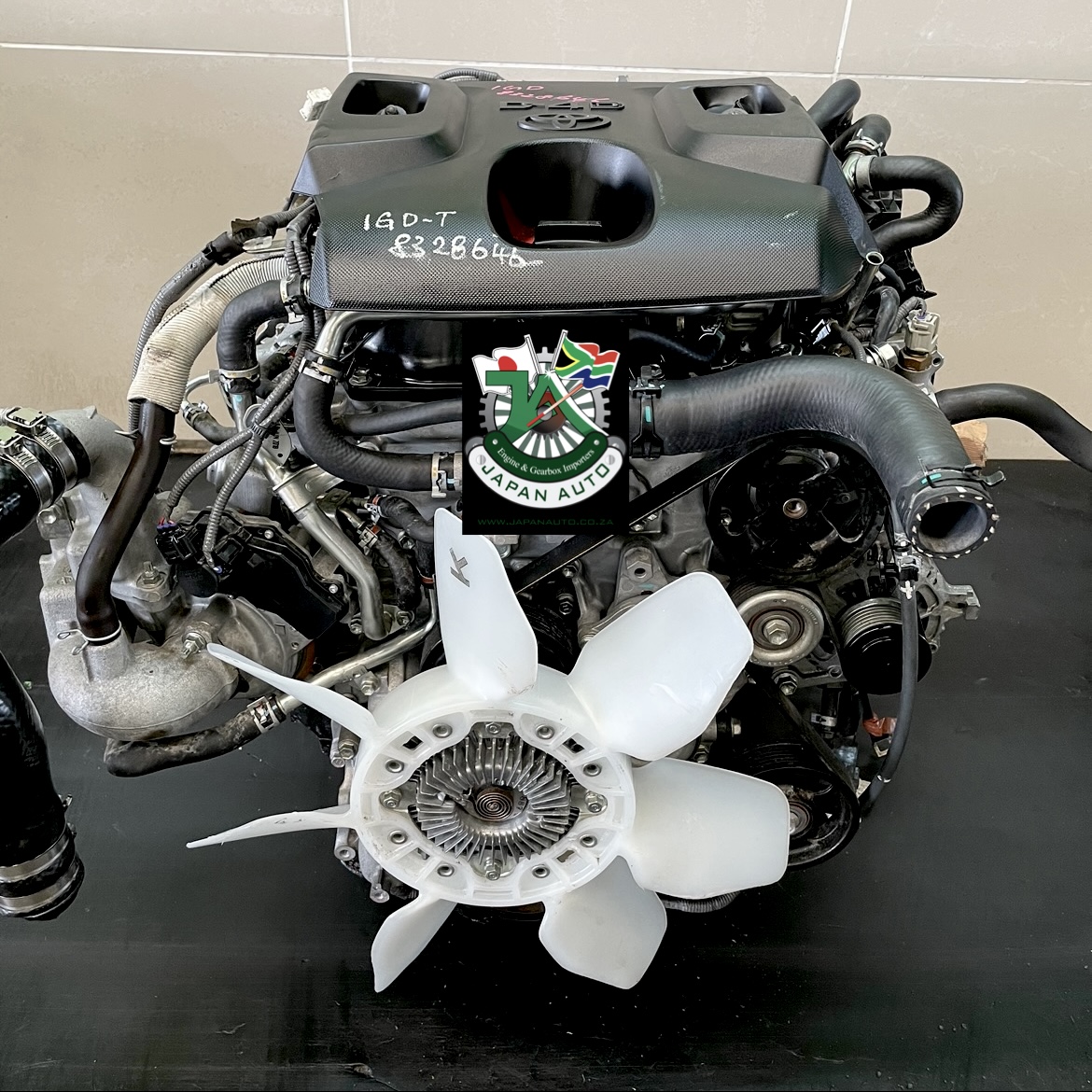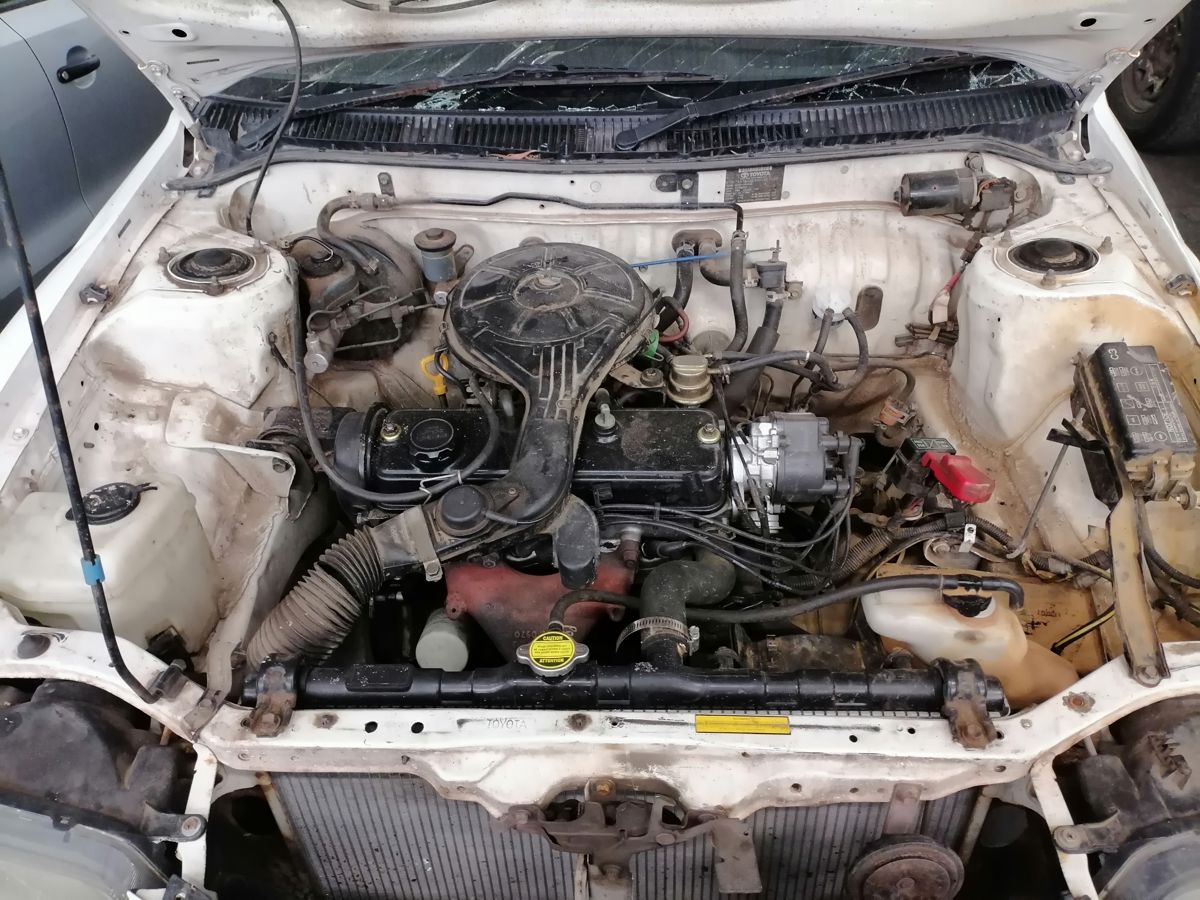Why the Toyota Tazz Remains a Popular Choice for Budget-Conscious Drivers
Why the Toyota Tazz Remains a Popular Choice for Budget-Conscious Drivers
Blog Article
Explore the Most Current Trends in Engine Innovation With Tazz
In the quickly progressing landscape of automotive modern technology, Tazz stands at the leading edge, highlighting considerable advancements in engine systems that focus on both technology and sustainability. From crossbreed engines that maximize fuel performance to the emergence of hydrogen fuel cells, the fads forming modern powertrains are not only boosting efficiency yet likewise dealing with crucial environmental difficulties.
Hybrid Engine Innovations
Crossbreed engine advancements stand for a pivotal change in vehicle modern technology, combining the advantages of inner combustion engines with electrical propulsion systems. This combination not just enhances fuel effectiveness but likewise minimizes exhausts, conference increasingly rigid environmental policies. By using both energy sources, hybrid engines can enhance performance, delivering power when needed while saving gas throughout much less requiring motoring conditions.
Recent developments in hybrid technology consist of renovations in battery effectiveness and regenerative stopping systems. These advancements enable higher energy recovery throughout deceleration, which can be rerouted to assist in velocity or power auxiliary systems. Manufacturers are focusing on light-weight products and compact layouts to make best use of the performance of hybrid powertrains.
The advancement of plug-in hybrids has actually additionally increased the marketplace, enabling motorists to charge their cars utilizing typical electric outlets. This attribute commonly permits considerable all-electric range, more reducing dependence on conventional gas. tazz. As the automotive industry remains to evolve, hybrid engine technologies are expected to play an important role in bridging the gap in between traditional cars and completely electrical designs, providing a transitional service that satisfies diverse consumer demands and preferences
Advancements in Electric Powertrains
The automobile landscape is rapidly evolving, with electric powertrains becoming a leading pressure in sustainable transport. Advances in electric lorry (EV) technology are considerably boosting effectiveness, efficiency, and user experience. Key advancements include enhancements in battery chemistry, which have boosted power thickness, reduced billing times, and prolonged total battery life.
Solid-state batteries, as an example, promise to change the marketplace by offering higher safety and security and effectiveness compared to typical lithium-ion cells. Innovations in regenerative braking systems are allowing vehicles to recoup energy during slowdown, contributing to overall effectiveness.
Along with battery modern technology, electric motor layouts are ending up being extra sophisticated. Advancements such as incorporated electric motors and advanced thermal management systems are assisting to enhance power shipment and minimize weight, eventually improving car dynamics.

Jointly, these breakthroughs highlight the commitment to transition in the direction of cleaner, a lot more effective transport options, placing electric powertrains at the forefront of auto development.
The Surge of Hydrogen Gas Cells
Progressively, hydrogen gas cells are gaining traction as a feasible choice to conventional interior combustion engines and battery electrical cars. This technology harnesses the chemical energy stored in hydrogen, converting it right into electricity via an electrochemical reaction with oxygen. The primary result of this process is water, making hydrogen fuel cells an eco-friendly choice with no exhausts at the tailpipe.

Automakers are increasingly buying hydrogen gas cell innovation, recognizing its capacity for long-range applications and quick refueling abilities that measure up to conventional gas. In addition, industries such as durable transportation and public transportation are particularly appropriate for hydrogen fuel cells, where battery electrical options may drop short because of weight and variety limitations.
As research and investment remain to expand, hydrogen fuel cells are poised to play a significant role in the future landscape of clean transport and power remedies.
Enhancements in Internal Combustion Engines
Technologies in internal burning engine (ICE) innovation are changing traditional lorries to fulfill contemporary ecological criteria and site performance expectations. One of the most considerable improvements involves the integration of innovative gas injection systems. These systems enhance the air-fuel combination, enhancing burning efficiency and resulting in decreased discharges. Direct fuel injection, for circumstances, enables far better atomization of gas, bring about more complete combustion and boosted power output.
In addition, turbocharging has actually acquired prestige, allowing smaller engines to provide greater efficiency without the weight of bigger engines - tazz. This technology not just boosts performance however additionally adds to decrease gas consumption. Variable shutoff timing systems are also being refined, allowing engines to adjust to different driving problems for enhanced torque and responsiveness
Furthermore, using light-weight products in engine building is ending up being basic, more boosting gas efficiency by decreasing total lorry weight. Engine control systems (ECUs) are significantly advanced, allowing real-time changes that optimize efficiency and discharges.
These improvements jointly represent an essential change in ICE innovation, lining up with worldwide sustainability objectives while still offering the performance motorists expect from their vehicles. As the sector develops, these enhancements remain to form the future of traditional automobile engineering.
Future Fads in Engine Efficiency
Substantial advancements in engine efficiency are prepared for as manufacturers concentrate on integrating cutting-edge modern technologies to satisfy rigid click this ecological policies and customer demands. The change towards electrification, crossbreed systems, and different gas is improving the automobile landscape, driving technologies that boost fuel economic climate and decrease exhausts.
One of the vital patterns is the implementation of advanced materials and manufacturing techniques. High-strength alloys and light-weight compounds contribute to minimized automobile weight, hence boosting total performance. Additionally, the adoption of turbocharging and variable valve timing technologies enables enhanced power result from smaller engines, better enhancing fuel economic situation.

Final Thought
To conclude, the exploration of engine innovation exposes significant innovations that focus on sustainability and efficiency. Advancements in hybrid engine systems, electrical powertrains, and hydrogen fuel cells show a dedication to decreasing emissions while boosting efficiency. More Bonuses Improvements in inner burning engines and a focus on light-weight materials add to general engine effectiveness. As the vehicle market continues to progress, these patterns will play an essential duty in forming a cleaner and more lasting future for transport.
From hybrid engines that enhance gas effectiveness to the introduction of hydrogen fuel cells, the patterns shaping modern powertrains are not only boosting performance however likewise dealing with important environmental challenges.Hybrid engine advancements stand for a critical change in automobile modern technology, combining the advantages of inner combustion engines with electric propulsion systems.Additionally, turbocharging has actually acquired importance, allowing smaller sized engines to provide higher efficiency without the weight of bigger engines. Additionally, the fostering of turbocharging and variable valve timing modern technologies enables for boosted power output from smaller sized engines, even more improving fuel economy.
Renovations in internal burning engines and a focus on light-weight products contribute to general engine performance.
Report this page